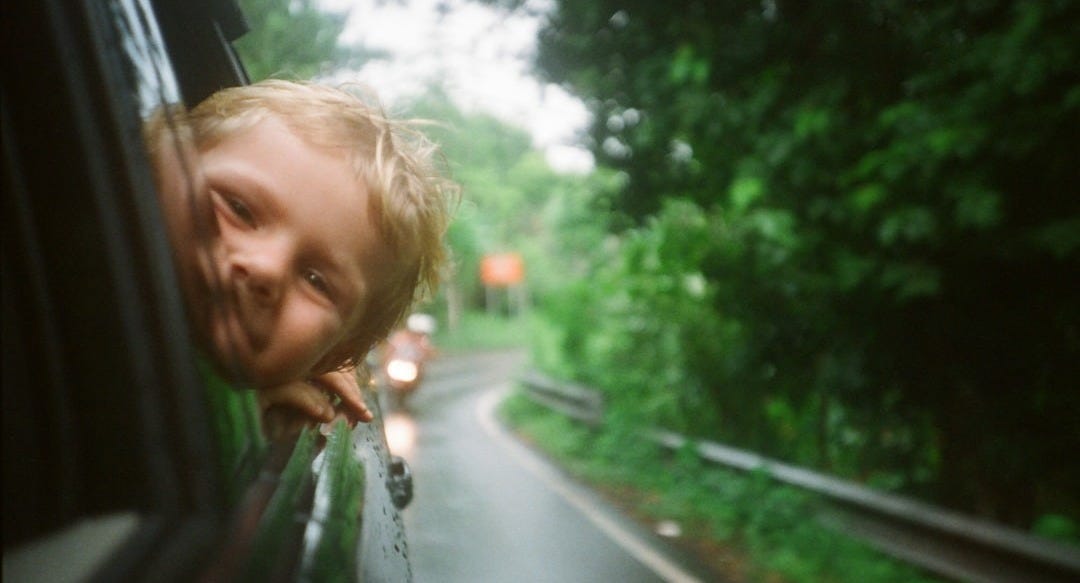What can children learn during travel?
Traveling with children can sometimes feel like an extra layer of logistics on top of an already packed itinerary. Yet, there’s something magical about exploring the world with young minds.
As an educator, I have included my students in numerous international exchange projects, so this text is a result of my experience with teens and young adults. Also, when I was a child, we traveled to the coast every summer, and, looking back, I will share some tips I believe stuck during that time.

Kids and teens see everything through fresh eyes, making every adventure richer, more spontaneous, and sometimes even chaotic. Beneath the excitement of seeing new places and experiencing different cultures there is something even more valuable — an education that extends far beyond the walls of any classroom. I call it “the real school for life” mostly because in my country the latest education reform was named “School for life”.
Here’s a guide to some of the lessons kids and young people can learn through travel, why these experiences matter, and how you can help them make the most of their journeys.
1. Curiosity
Children are naturally curious, even though this is a trait that needs to be nurtured. Travel supercharges that curiosity. Travel expands anyone’s world, let alone a child’s, and offers hands-on experiences. You learn there’s so much beyond the immediate surroundings, and instead of reading about a place in a book, you’re standing in it, smelling the spices of a local market or feeling the stone walls of an ancient castle. Those memories stick in the unconscious and can be used for future experiences.
Encourage the questions, even if you don’t always have the answers. You can use each question as a chance to learn together.



